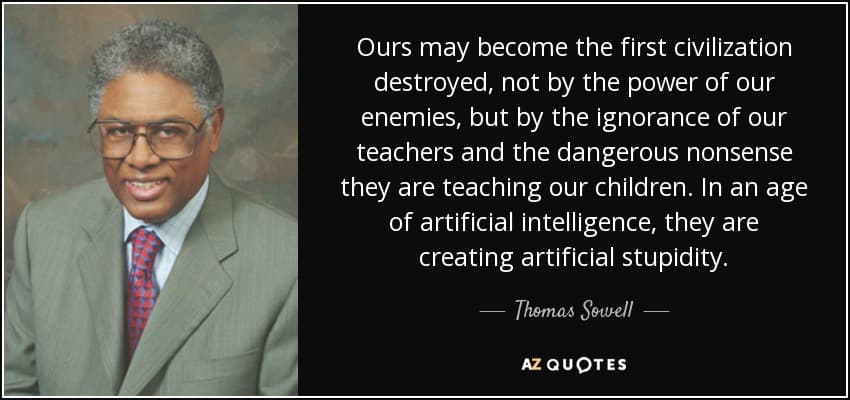Thomas Sowell's Enduring Insights Continue to Resonate, Sparking Online Discussion

A recent tweet from the popular "Thomas Sowell Quotes" account, featuring a t.co link, underscores the continued relevance and widespread appeal of the esteemed economist and social theorist Thomas Sowell. The post, shared on September 20, 2025, highlights how Sowell's perspectives on economics, society, and human behavior continue to circulate and provoke thought across social media platforms.
Thomas Sowell, born in 1930, is a distinguished American economist, economic historian, and senior fellow at Stanford University's Hoover Institution. His prolific career spans decades, marked by numerous books and a nationally syndicated column, establishing him as a prominent voice in conservative intellectual circles. Sowell's work is celebrated for its clear, accessible explanations of complex economic principles, emphasizing empirical evidence over ideological assumptions.
Central to Sowell's economic philosophy are concepts such as scarcity, incentives, and the often-unintended consequences of government policies. He argues that economics fundamentally studies how individuals and societies make choices under conditions of limited resources, with prices serving as crucial signals in a free market. Sowell is a vocal critic of interventions like price controls and excessive regulation, contending they can distort markets and lead to inefficiencies.
His insights frequently challenge conventional wisdom, particularly on issues of race, education, and social policy. Sowell advocates for free-market principles and individual responsibility, asserting that economic growth and opportunity are the most effective means to reduce poverty. This perspective often positions his work in contrast to policies focused on redistribution or extensive government programs.
The persistent sharing of his quotes across platforms like X (formerly Twitter) reflects the ongoing impact of his ideas on contemporary discourse. Even at 94, Sowell's writings, including recent works like "Social Justice Fallacies," continue to shape discussions on critical societal issues. His emphasis on logical analysis and real-world outcomes ensures his intellectual legacy remains a significant point of reference for those seeking to understand economic and social dynamics.